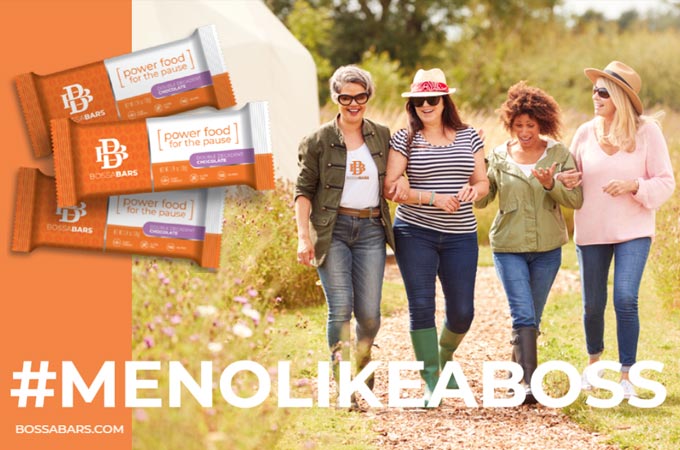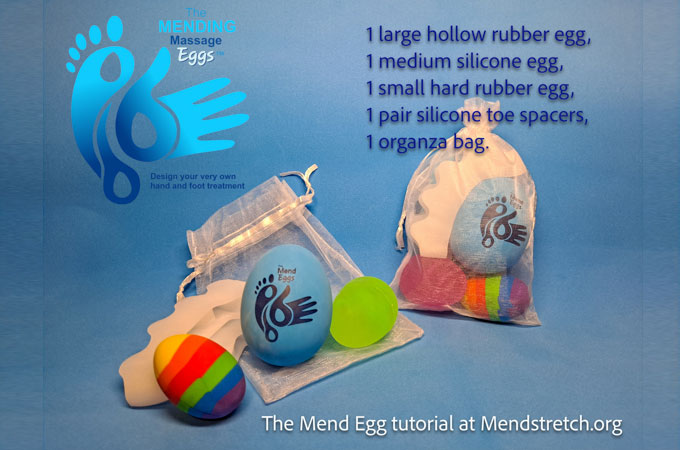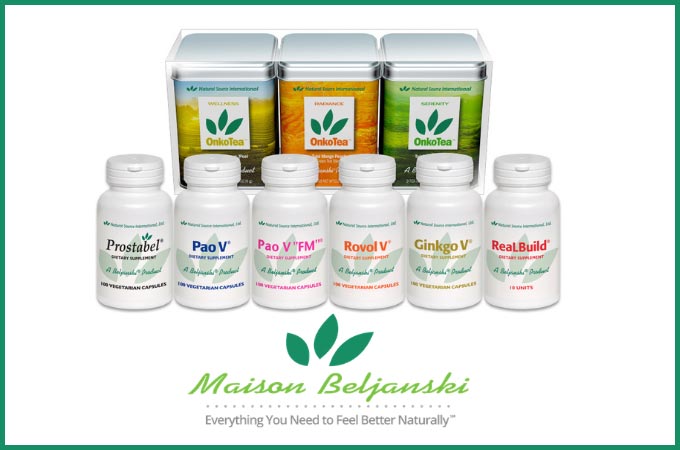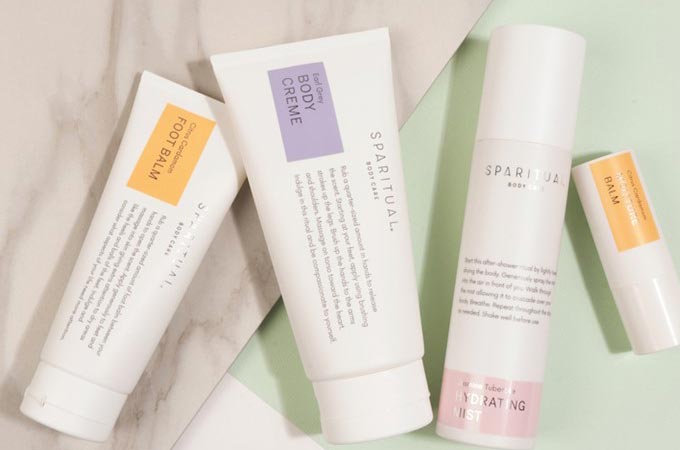Fourth of July safety tips from ER docs
The Fourth of July is marked by a whirlwind of parades, boating, fireworks and the company of family and friends. Unfortunately, many of these activities can turn dangerous if proper safety precautions aren’t taken. Every year the emergency room doctors at Regions Hospital see a spike in injuries around this summer holiday, but they have a few simple tips to help you stay safe over the holiday weekend.
Water safety isn’t just for little ones
There are more than 60 drowning fatalities in Minnesota each year and more than 60 percent of those cases involve people under age 24, according to the Minnesota DNR. Since many people, especially young people, spend Independence Day on the water, this scary statistic can become a reality.
Rethinking drinking – Alcohol use is the leading contributing factor in fatal boating incidents, and a significant cause of major trauma on the 4th. Aaron Burnett, MD, assistant medical director of the Emergency Department at Regions Hospital, reminds us that "A sober holiday is a safer holiday. If you are going to drink, remember to find a designated driver, whether you’re traveling by land or by water."
Learn CPR – In the time it might take for paramedics to arrive, your CPR skills could make a difference in someone’s life. Dr. Burnett sees it at Regions all the time. "Groups with an individual who is able to perform high quality CPR are safer," he says. Take the time to find out who knows CPR in your group.
Buddy system – It’s a good idea to incorporate a buddy system, so that everyone you are celebrating with is accounted for. Also, if possible, select swimming sites that have lifeguards. Remember, "Don't dive into water that is less than 10 feet deep and don’t dive if you don't know the depth," Dr. Burnett says. "Cervical spine fractures from diving-related accidents lead to serious injuries including paralysis and death."
Life jackets – More than 73 percent of the people in boating accidents drowned and more than 90 percent of the people who drowned were not wearing a life jacket. It’s not a myth that lifejackets save lives. Dr. Burnett explains that even an expert swimmer won't stay afloat if he or she hits their head, has a seizure or becomes disoriented. Air-filled or foam toys, such as water wings, noodles or inner-tubes should not be used in place of life jackets.
Don’t get beat by the heat
Most heat-related illnesses occur as sunburn, heat exhaustion or heat stroke. Everyone is at risk of being affected, but infants and the elderly are the most susceptible. Heat exhaustion develops when a person spends time in the heat without an adequate intake of fluids.
Water – To prevent heat exhaustion, make sure you drink plenty of water and avoid alcohol. Dr. Burnett stresses the importance of calling a doctor if you develop any of the following symptoms: muscle cramps, difficulty breathing, confusion, disorientation, dry hot skin, nausea or fainting.
Shade – Every part of the body is at risk for sunburn, including ears, lips, scalp, and even eyes. Wearing hats and long sleeved, light-colored, loose-fitting clothing can help prevent sunburn. If you are planning on being outside when UV light is the strongest, try to stay in the shade as much as possible.
SPF – Applying sunscreen can also protect the skin by blocking harmful UV rays. Look for a non-toxic sunscreen that blocks both UVA and UVB light and has a sun protection factor (SPF) of 15 or greater. Be mindful that most conventional sunscreens block very little UVA and choosing a broad-spectrum sun block such as zinc oxide is much more effective. Click here to see how toxic zinc oxide is and to decide if it's right for you.
























